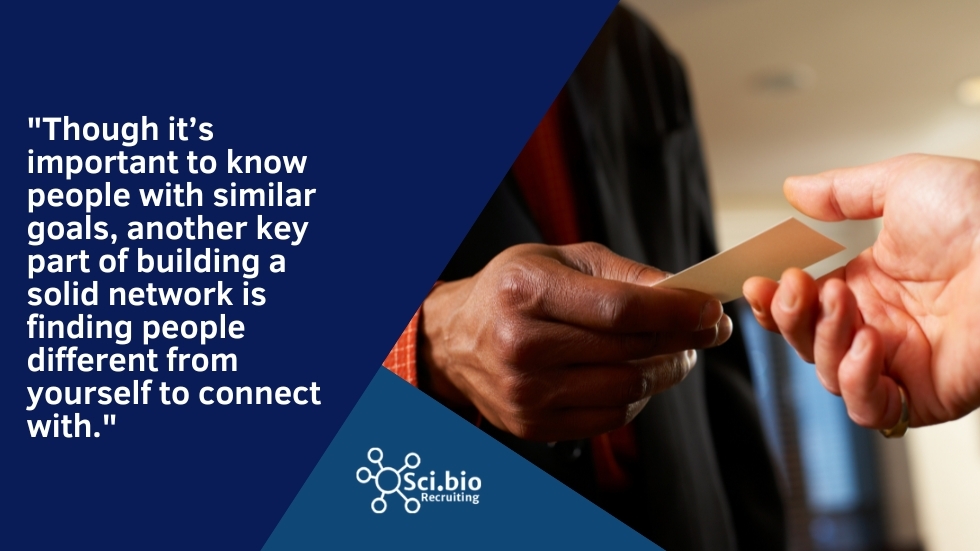Author: Cliff Mintz
There was a very insightful article in the NY Times Science Section entitled “Building Resilience in Midlife.” that I thought was applicable to the challenges that many job seekers face while searching for a new job or pondering a career change. These insights were offered in a book entitled ‘Resilience: The Science of Mastering Life’s Greatest Challenges’ by Dr. Dennis Charney, a resilience researcher and dean of the Icahn School of Medicine at Mount Sinai in New York after being shot several years ago by a disgruntled former employee while leaving a NYC deli.
Practice Optimism. According to Dr. Charney, optimism is part genetic, part learned. That said, looking for a job in a highly competitive field without success can easily lead to feelings of defeat, failure and even depression. Put simply it’s normal to feel sad or “down” when things are not going your way during a job search. Rather than succumb to pessimism, Dr. Charney suggests that learning to think positive thoughts and surrounding yourself with optimistic people (there are people out there who ARE really optimistic all the time) can help. It’s easier to think more optimistically if the people around you are upbeat and always putting a positive rather than negative spin on things. I am not suggesting that you jettison all of your pessimistic friends but finding new optimistically-thinking ones will not only increase the breadth and size of your social circle but may also help to elevate your emotional state during a frustrating job search.
Rewrite Your Story. Instead of focusing on your shortcomings or difficulties that you have experienced, it may help to change your internal narrative and focus on accomplishments (rather than setbacks) and things that you may have learned about yourself to this point in your life journey. While this may sound like an existential exercise, changing the internal story that you tell yourself (from a negative to a more positive one), may help you to feel better about yourself and make things easier for you. And believe me–from my own personal experiences– others around you will notice the change; most importantly prospective employers and hiring managers!
Don’t Personalize Your Failures. Everyone tends to blame themselves for life’s setbacks and ruminate about the decisions that they have made to put them in difficult situations. A way to counteract this is to recognize that, generally speaking, other factors and uncontrollable life events likely contributed to the so-called bad decisions that you made. In other words, unexpected, mitigating factors, not simply your poor judgment, likely contributed to the situation that you find yourself in. Recognizing this may help to assuage that nagging tendency to blame yourself for your current situation and may also allow you to “learn from your mistakes” to avoid making them in future personal and career decisions.
Remember Your Comebacks. It is easy to wallow in your failures and feel bad about your current situation. Rather than letting things get you down, try to remember times earlier in life when you were able to overcome adversity and still “land on your feet.” This will remind you that you have the skills and experience to overcome a current “bad” situation. Also, it may be helpful to read about others who seemingly failed and were able to turn those failures into positive personal and career moves. In my experience, failure is a key ingredient to a successful and meaningful career.
Take Stress Breaks. Stress is a fact of life that nobody can escape. Rather than succumb to life’s constant unrelenting stresses, it is important to take breaks to regroup and push forward. For example, take walks, have lunch with friends, go to the gym or even meditate. One way that I relieved stress as a graduate student and postdoc was to play intramural softball as much as I could and then drink beer with teammates after the games. Putting your “head down” and pushing forward will not relieve stress or eliminate anxiety in your life.
Step Out of Your Comfort Zone. It is easy to continue to do the same thing even if that thing is stressful or hurtful because you are comfortable (despite assertions to the contrary) with what you know. However, doing the same thing over and over again because you’re familiar with it will not improve your current situation or change how you feel on a daily basis. Perhaps, taking yourself out of your comfort zone and placing yourself in new challenging positions may help to overcome those feelings of “being stuck.” For example, if you don’t want to do laboratory research for the rest of your career, learn new skills (that may have always frightened you) to help find a non-laboratory PhD job.
While doing the things that Dr. Charney recommends may not materially improve your current job situation or career choice, they may help you to look at the world in different terms, feel better about yourself and provide some clarity/insights into future career directions or job choices.







